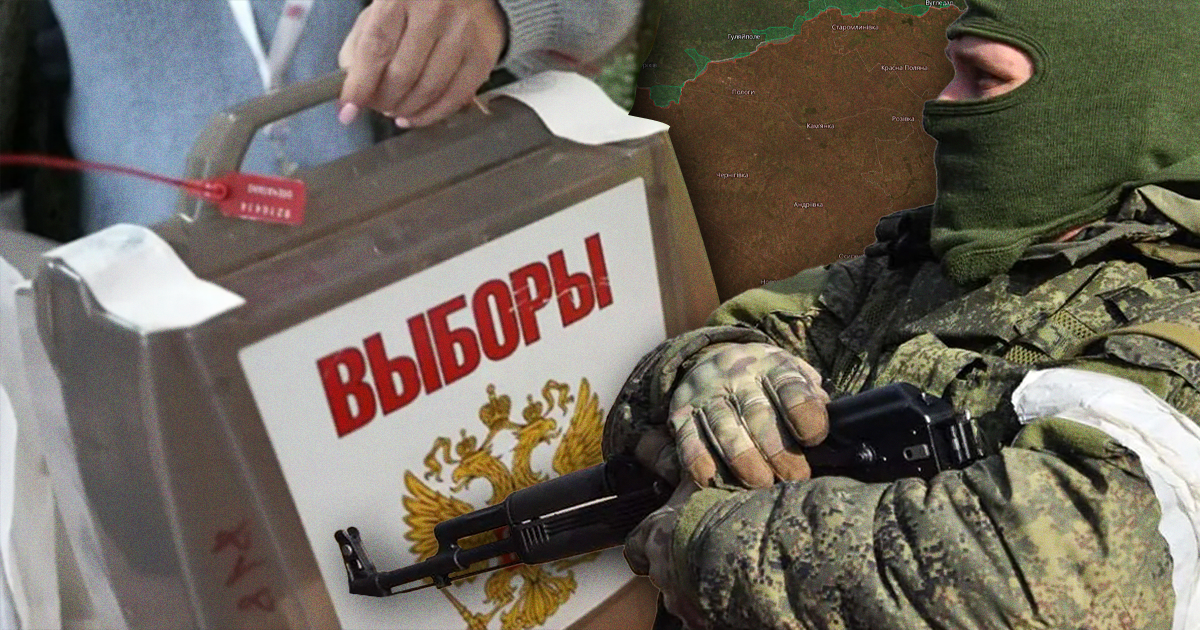On September 8, 2024, Russia conducted a so-called “single voting day” for by-election of officers to local occupation authorities in the temporarily occupied territories.
According to Russian news websites, the so-called elections took place in “83 regions of the Russian Federation”, including the territories of Ukraine temporarily occupied by Russia. In particular, Moscow conducted “elections” of deputies to the “state council” of Crimea, city, village and raion councils, as well as the “legislative assembly of Sevastopol” in the territory of the Autonomous Republic of Crimea and the city of Sevastopol. The Ministry of Foreign Affairs of Ukraine issued a statement emphasizing that the results of the so-called “elections” in the temporarily occupied territory of the Autonomous Republic of Crimea and the city of Sevastopol are illegitimate, null and void.
As a reminder, Civil Network OPORA would like to point out that the participation of Ukrainian citizens in the organization of illegal referendums and elections is punishable by imprisonment for a term of 5 to 10 years with deprivation of the right to hold certain official posts or engage in certain activities for a term of 10 to 15 years with or without confiscation of property (section 5 of article 111-1 of the Criminal Code of Ukraine). According to the Unified State Register of Court Decisions (USRCD), a total of 1,709 guilty verdicts have been delivered under article 111-1 (5) of the CCU over the two-and-a-half year period of full-scale invasion. It is worth noting that the exact tally of court sentences for criminal offenses related to holding illegal referendums and elections cannot be determined in the absence of corresponding category of crime in the USRCD. However, OPORA managed to verify 57 court sentences for participation in the organization and conduct of illegal referendums and 4 verdicts for participation in the organization and conduct of illegal elections.
OPORA’s legal advisor Pavlo Romaniuk noted the following: “It should be borne in mind that the wording of section 5 of article 111-1 of the Criminal Code (“participation in the organization and holding of a pseudo-referendum”) contains the conjunction “and”. Therefore, it is necessary to combine cases of organization and cases of conduct of pseudo-referendum or pseudo-election for the purpose of proper qualification of this crime. For example, if a person only votes in a pseudo-referendum or pseudo-election, such actions shall not constitute a criminal offense under article 111-1 (5), but this does not exclude liability under other provisions of criminal law. Furthermore, such actions are not subject to criminal prosecution, if they were performed under the direct influence of physical or mental coercion”.
For more detailed information on the practice of bringing to justice for participation in the organization and conduct of illegal referendums and elections that has been used since 2014, refer to OPORA’s report.
